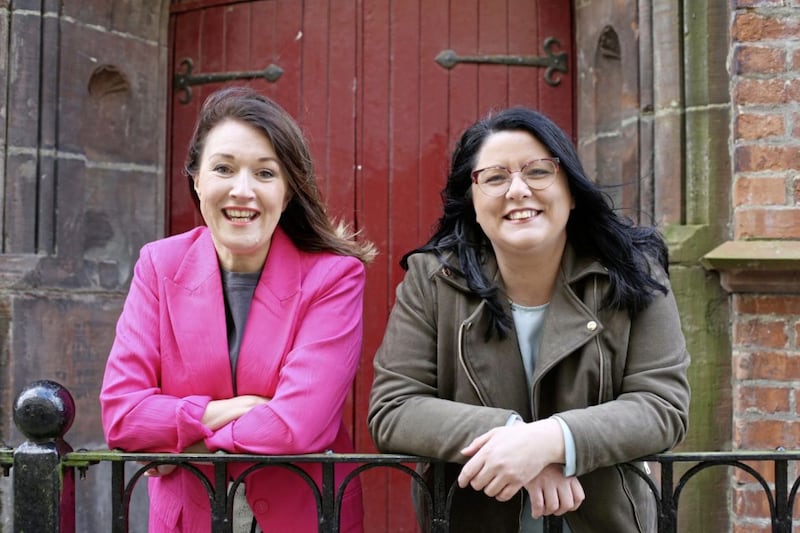THERE are few things more talked about in the Northern Ireland economy than the pursuit of foreign direct investment. And it is a worthy endeavour, as investment by companies from the US, Europe, Asia and elsewhere contributes significantly to 'Northern Ireland Plc'.
But we mustn’t overlook the fact that we have some fantastic indigenous companies too. And their growth is arguably even more important to the future prospects of the economy.
Economy Minister Simon Hamilton visited our new offices on Friday and spoke passionately about some of the great home-grown businesses we have. We were flattered to be mentioned by him in the same sentence as the likes of Kainos and First Derivatives. And there are many other scalable locally-owned companies that must be cultivated and nurtured too – particularly in what you might call the knowledge economy.
So I was encouraged to read the recommendations of a report published last week by Catalyst Inc and Ulster University which states that the key outcome of Northern Ireland’s economic strategy must be the creation and scaling of indigenous companies.
Overall, the report highlights the considerable value and potential of our knowledge economy – that is, companies involved in areas including pharmaceuticals, telecommunications, software, cyber security, electronics, aerospace and financial technology.
The report defines knowledge economies as those that are powered by individuals, companies and sectors that create and commercialise new ideas, technologies, processes and products to export around the world.
It highlights that almost 10 per cent of the Northern Ireland economy depends on the knowledge economy, and almost 40,000 people are employed in knowledge economy companies. One in 11 people here are employed directly or indirectly in the knowledge economy. That’s 4.6 per cent of the entire local employment population. When you consider that our knowledge economy includes large home-grown companies such as Almac and Norbrook, it is perhaps unsurprising that it is such a big employer.
Interestingly, the report points out that knowledge economy workers earn one-and-a-half times the average wage, and that 82 per cent of knowledge economy sales are outside of Northern Ireland. And we have the second fastest growth knowledge economy of the 12 UK regions. Catalyst reckons that there is the potential to have some 160,000 people employed directly or indirectly in the sector by 2030.
So what do we need to do to support the growth of our indigenous knowledge economy companies?
Education is one critical area. Northern Ireland’s education system must be aligned to the requirements of the knowledge intensive economy. The curriculum must focus on technological skills, problem solving and learning activities to help develop a flexible and adaptable workforce.
Connect’s leadership board says that funding for subject areas that are in demand from the knowledge economy should be protected by Government and supplemented by support from the private sector in terms of bursaries, scholarships or philanthropic funding.
They also recommend a review of how SMEs experience current support for R&D and to examine ways of significantly increasing the numbers of SMEs participating in R&D.
They also say that Northern Ireland must focus on a few sectors and areas of platform technology where we can be world leading. As research will be at the heart of these sectors, we must also create an appropriate number of research institutes that can genuinely claim to be world-leaders in their respective fields and of sufficient size and scale to drive and develop these sectors.
The knowledge economy – and the many indigenous companies operating it - and its potential for growth is a truly exciting story for Northern Ireland. Taking the right steps to develop and support it will add enormous value to the local economy for many years to come.
:: Patrick McAliskey is managing director Novosco, an indigenous managed cloud company with offices in Belfast, Dublin, Cheshire and Cork. It employs 140 people and works for leading organisations across the UK and Ireland, including many of Northern Ireland's top companies, UK health trusts, councils and other organisations.








